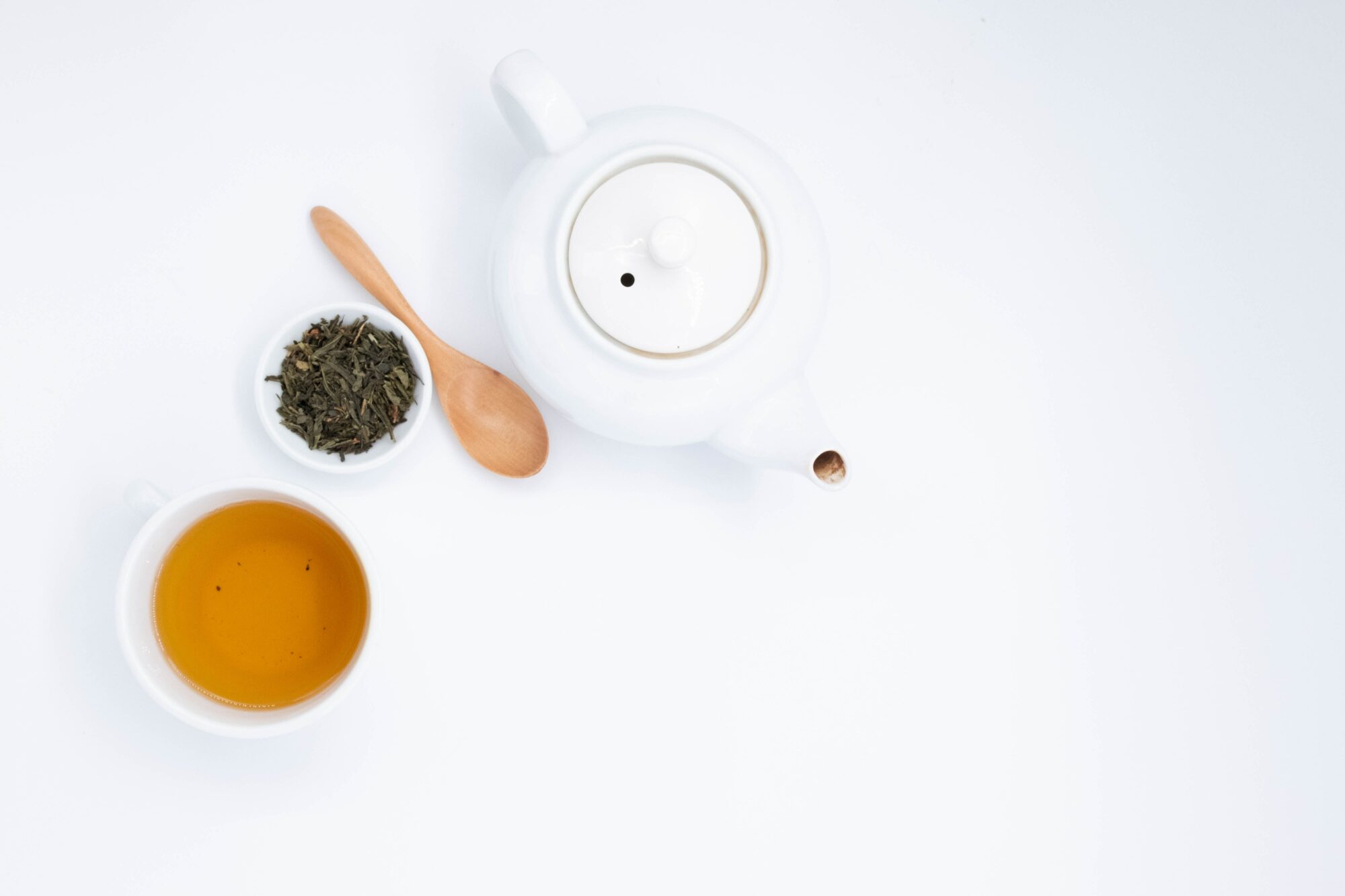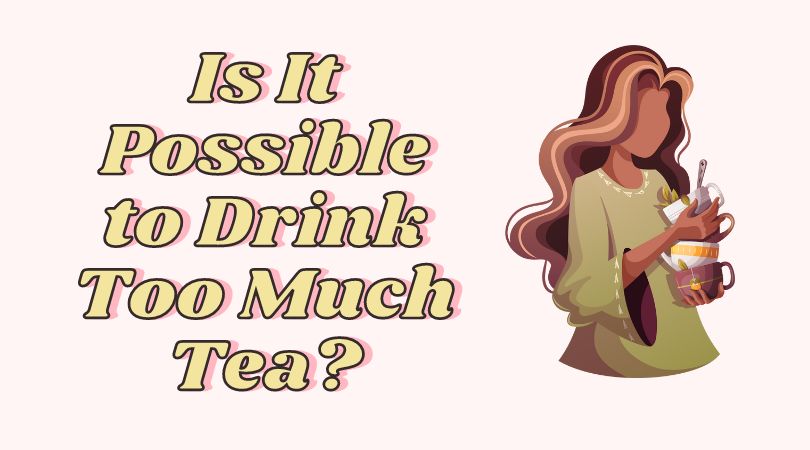Is it possible to drink too much tea? This is a question that I get asked often. Common sense and moderation are essential but tea is unlikely to be detrimental to your health. In this post, I’ll explore how much tea is safe to consume and some of the health risks that can happen from overdoing it.
Ask Your Doctor
As always, consult your doctor first if there are concerns about the amount of tea you can safely consume. That is especially true for those who have conditions that may be negatively affected by caffeine or any of the other components that tea contains. The contents of this article should not be construed as medical advice or information.
Too Much of a Good Thing
Even if something is good for you, consuming excessive amounts can prove toxic. Even water, which is a necessity for life, can harm you if you drink an unusually large volume in a short period. The same is true of tea. A little common sense goes a long way.
When in doubt, follow the preparation directions from the company where you got your tea from. A general rule of thumb for making tea is 1 teaspoon of leaves or 1 teabag for every 8oz of water. If you’re making it iced, double that quantity so that it doesn’t become overly diluted. Steeping times can range from 1 to 5 minutes depending on the tea. Gongfu-style brewing is a little different. I recommend 1g of tea for every 10-20 ml of water with infusions between 10 and 30 seconds.
How much tea is too much tea? According to Caffeine Informer’s Caffeine Calculator, it would take 268.1 cups of black tea to make a lethal dose for someone my weight. The recommended daily maximum is 10.7 cups per day.

Every Person and every tea Is Different
It’s important to keep in mind that many factors determine the caffeine level of tea. It’s an adage that black tea has the most caffeine but we now know that is not true. Caffeine is concentrated in the buds of the tea plant. Because of that, a quality white or green tea can often pack more of a boost. Assamica varieties do tend to be higher, but harvest time and processing methods also play a role. Matcha has the highest caffeine levels because you are consuming the entire tea leaf.
Each person also has a different caffeine tolerance. I can drink tea all day every day without it affecting my sleep pattern. That probably has a lot to do with drinking it regularly, even before I started this blog and started diving into it. I have friends who can’t drink tea past the afternoon because they won’t be able to sleep if they do.
In the News
My family and friends often send me sensational news articles about people who had serious health issues (and sometimes even death) caused by consuming too much tea. Here are some examples:
- A 48-year-old man had iron deficiency after consuming more than 6 cups of green tea every weekday for 20 years
- A 56-year-old man’s kidneys failed after drinking 16 cups of iced tea a day
- A 47-year-old woman suffered from skeletal fluorosis after drinking a pitcher of tea made from 100 to 150 tea bags daily.
One of the primary concerns about drinking too much tea is high levels of oxalates which can cause kidney stones. They are compounds that occur naturally in tea as well as in many of the foods we eat like spinach. The same health concerns would occur if you ate nothing but cashews. This is why it’s important to eat a varied diet.
Unless you have preexisting renal health issues, tea is unlikely to cause problems as long as you consume it normally. Some studies have even found that green tea may have an inhibitory effect on urinary stone formation.
How Much Tea Should You Drink in a Day?
The FDA recommends no more than 400mg of caffeine a day for healthy adults. That equates to about 4 cups of coffee or 10 cans of cola. Most brewed teas will range from 15 to 60mg of caffeine in each 8oz serving. You would have to drink A LOT of tea to get close to surpassing the recommended daily limit.
Despite claims that you might see on the internet, it is not possible to decaffeinate your tea. Herbal and fruit infusions are the best option if you’re concerned about caffeine. Reduce your tea consumption if you are noticing increased anxiety or poor sleep.

Conclusion
In conclusion, just use good judgment. You are very unlikely to run into any issues as long as you consume tea in a typical fashion (aka not 150 tea bags in a pitcher). You know your body best so listen when it tells you that you’ve overdone it on caffeine.
I have been drinking fairly large quantities of tea for the last 15 years. That habit has never had any negative effects on my health. I do make sure to drink plenty of fresh water throughout the day. I also don’t drink tea with meals to avoid it interfering with iron absorption.
Did you know that it was possible to drink too much tea? Does tea affect your ability to get to sleep at night? I’d love to hear from you in the comments below!
This post was originally published on August 13th, 2014. It was revised and updated on August 21st, 2023.
Help Support This Site

Support my work in tea by joining my Patreon community. For $2-$5 a month you’ll receive access to exclusive behind-the-scenes content, my private Discord server, surprise quarterly packages, and more!

Thanks for this!